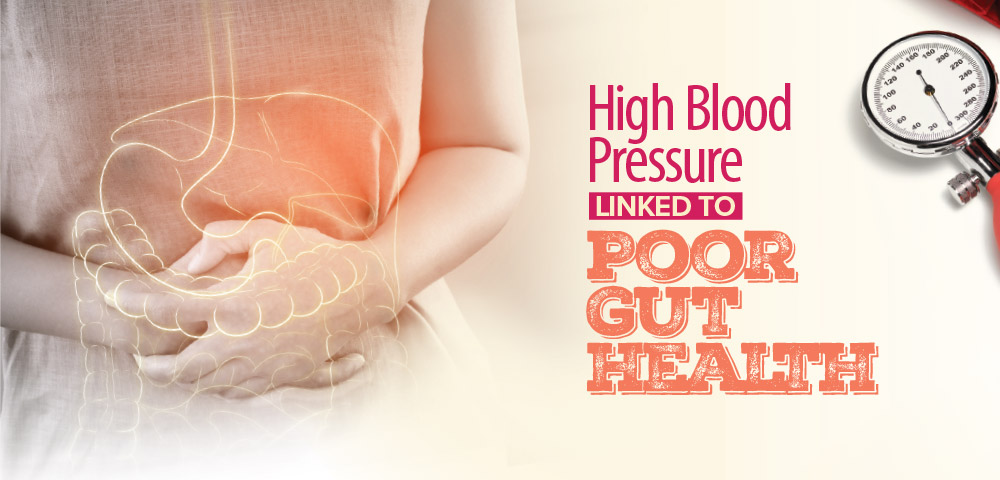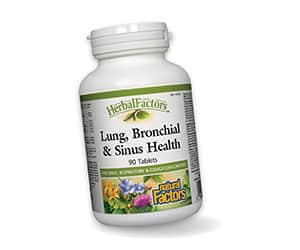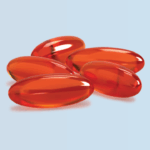
High blood pressure is a significant risk factor for human health. In the U.S., 116 million people experience hypertension, and in Canada, it’s one in five adults. Recent research on gut microbiota and high blood pressure has received increased attention showing an association between the two. Gut microbiota is key to human health, and maintaining gut microbiota health is essential.
The Gut Microbiome
What is it?
The gut microbiome is an ecosystem that contains a diverse population of microorganisms, including yeasts, fungi, viruses, protozoa, and bacteria. It starts in the mouth internally and includes the respiratory tract, gastrointestinal tract, and genitourinary system. Externally, the skin microbiome is the first line of defence in natural immunity (innate immunity).
The gut microbiome plays such a critical role in human health and disease that it has been called the “forgotten organ.”
What does the Microbiome do?
Microbiomes play a number of important roles
- Helps regulate gut hormones that reduce appetite and regulate metabolism
- 70–80% of the immune cells are in the gut
- Supports the development and function of the brain (gut-brain axis)
- Aids in the formation of neurotransmitters
- Has antimicrobial (and antiviral) activity
- Involved in protein metabolism
- Many factors cause dysregulation in the gut microflora’s structure, function, and interactions. This imbalance is called dysbiosis.
Dysbiosis
Common causes of dysbiosis
- Antibiotics, oral contraceptives, and hormone replacement therapy
- Acid-suppressing medications
- Corticosteroids
- Chronic constipation
- Chronic mental/emotional stress
- A diet high in sugar and refined carbohydrates
Common Symptoms of Dysbiosis
- Fatigue, anxiety, and mood swings
- Brain fog and lack of concentration
- Diarrhea or constipation, gas and bloating
- Inflammation
- Muscle and joint aches
- Sensitivity to odours (such as perfumes)
- Skin disorders (rashes, psoriasis, acne)
Dysbiosis-related diseases/conditions
- Learning disorders (ADHD, autism)
- Diabetes and obesity
- Inflammatory bowel disease (IBD)
- Mood disorders (anxiety, depression)
- Neurological disorders
- Accelerated aging
- Cardiovascular disorders, including hypertension
Hypertension is a major risk factor for human health, and recent studies have shown an association between hypertension and dysbiosis. Short-chain fatty acids (SCFAs), important metabolites of gut microbiota, are deficient in many people. They affect the immune function and other systems involved in the modulation of blood pressure. Fibre fermented by gut bacteria provides a source of SCFAs associated with decreased blood pressure. New research on maintaining gut health offers new insights for the prevention and treatment of hypertension.
How to Obtain and Maintain a Healthy Gut Microbiome
If you suspect dysbiosis, take immediate steps to bring your intestinal flora back into balance by following these recommendations:
The dysbiosis diet: The objective of the dysbiosis diet is to reduce the intake of foods that encourage the growth of harmful yeast and bacteria. Try to follow this diet for a 6–8-week period.
Foods to avoid
- Sugars of all types, and foods that contain refined or simple sugars
- Dried fruit (e.g., raisins, prunes, dates), and fruit juices
- Yeasted breads and baked goods (alternatives include corn tortillas and burritos, unyeasted crackers, and yeast-free, sugar-free breads)
- Alcoholic beverages
Foods that can be eaten freely
- Fresh, unprocessed meats, poultry, and fish
- Eggs, raw nuts, and seeds
- Flaxseed and olive oil
- Low-carbohydrate vegetables, such as all green leafy vegetables (e.g., chard, kale, celery, lettuce, spinach), broccoli, cabbage, and brussels sprouts
- Butter and yogurt (in the absence of allergies to dairy products)
Foods to eat cautiously
- Fruit (no more than two daily)
- Cereals and other whole grain products (ensure they are yeast-free and sugar-free)
- High-carbohydrate vegetables (e.g., squash, potatoes, carrots, beets)
- Cheese (small amounts, 2–3 times per week)
Restoring Beneficial Microflora
Probiotics are live bacteria that add beneficial bacteria to the gut microbiome and nourish the gut. Probiotic supplements and fermented foods provide a reliable source of healthy bacteria for the gut. Probiotic foods include fermented foods like kefir, raw sauerkraut, kimchi, kombucha, and plain yogurt void of sugar. Probiotic supplements contain different strains
of common bacteria found
in the gut.
Prebiotics are non-digestible food components that stimulate the growth and/or activity of one or a limited number of bacteria in the colon and improve the health of the gut microbiome. Dietary fibre significantly increases microbial diversity. Foods high in fibre include beans, chia, ground flax or hemp seeds, and all vegetables and fruits. If you feel that you and your family are not getting enough fibre in your diet, it is easy to add additional easy-to-digest fibres to smoothies, such as chia seeds, ground flax seeds, or supplemental products such as Natural Factors Reliefibre™, which is very easy on the gut.
Peppermint oil capsules have proven beneficial for people who experience irritable bowel problems from dysbiosis. It helps relieve the discomfort of bloating and gas.
Daily use of probiotics while following the dysbiosis diet, and regular use, thereafter, is recommended. If you eat foods high in friendly bacteria, you do not need to take a daily supplement, though you may wish to use one at least two days per week to maintain adequate levels of the friendly microbes.
The dysbiosis cleanse should be a part of your general health program for 6–8 weeks each year. Then, repeat once or twice a year to ensure a healthy gut-brain relationship.
It is incredible how much better people feel when they follow this program regularly to ensure balanced gut health.















